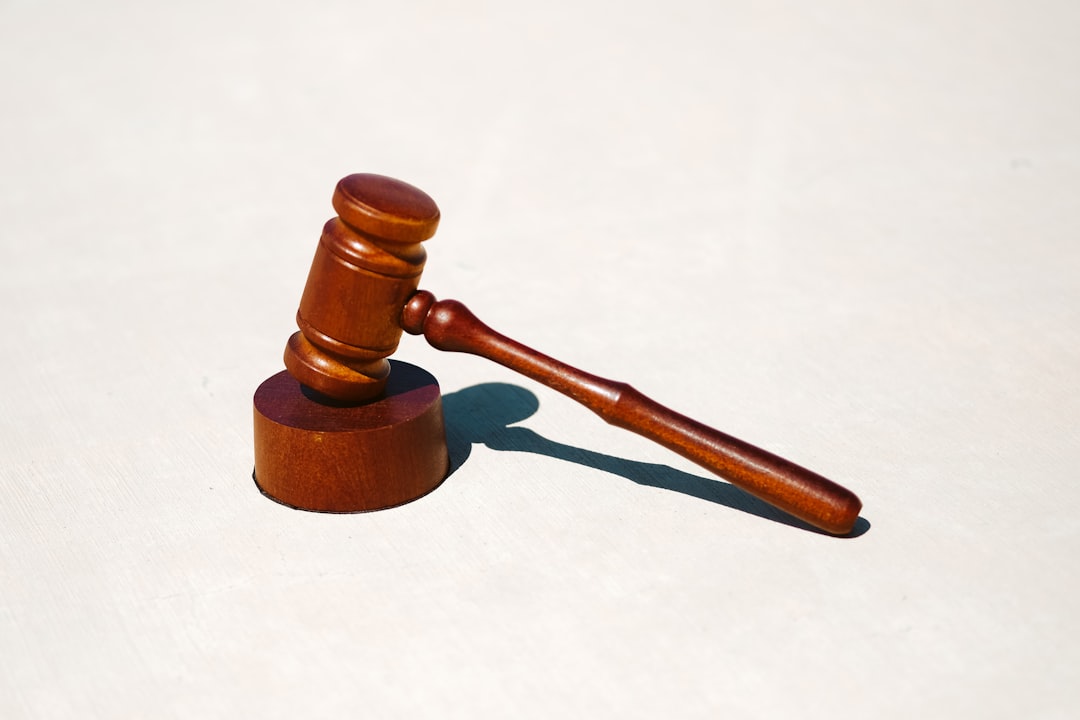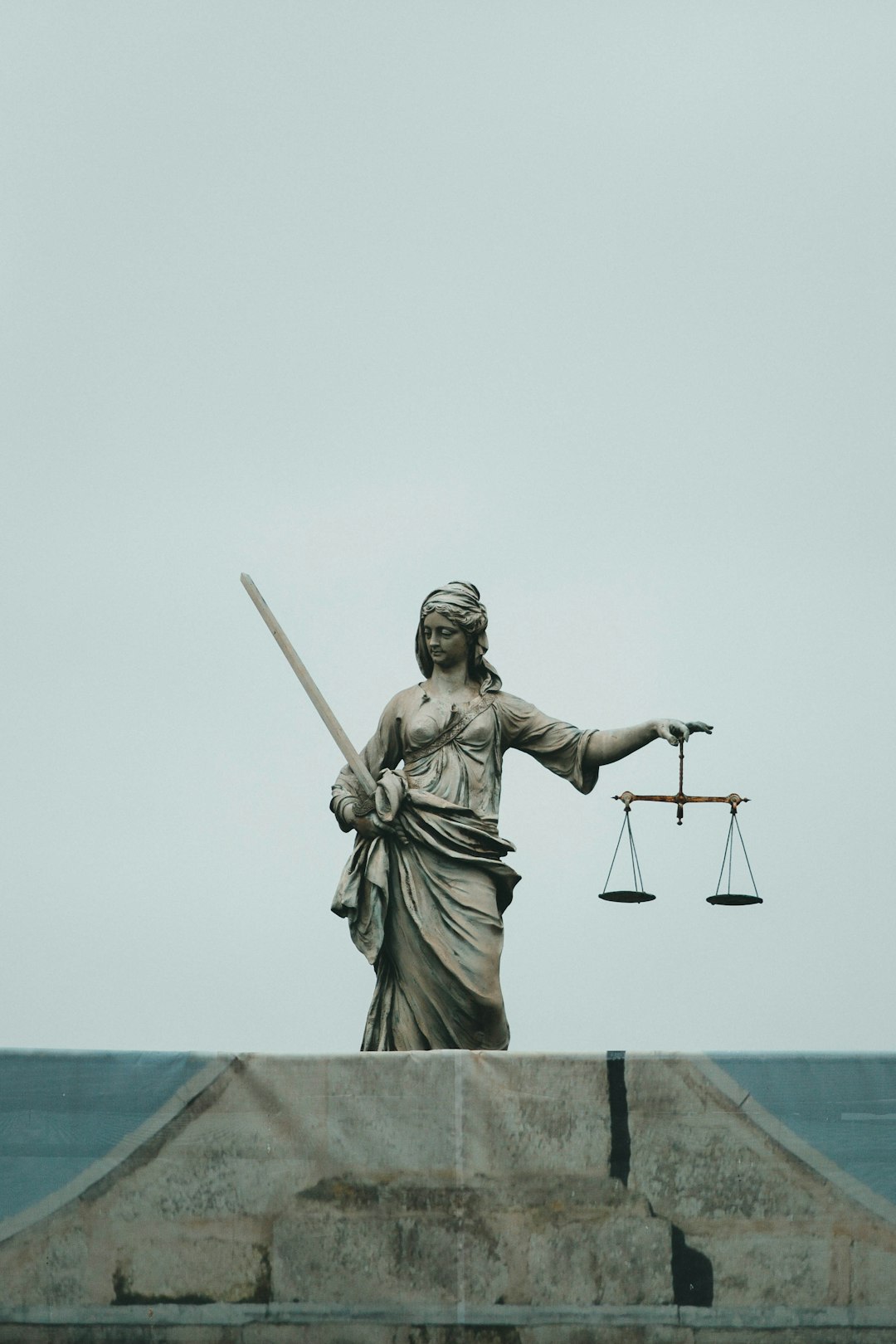In California's diverse communities, navigating school abuse disclosure is complex due to varying cultural norms. While some prioritize privacy, others encourage open dialogue. School abuse attorneys must understand these nuances to empower victims and provide culturally sensitive support, addressing language barriers, discrimination fears, and mistrust in authority. By collaborating with community organizations, they can reach silent survivors and improve legal outcomes for diverse populations, contributing to a more inclusive and just system.
In California, understanding cultural norms is crucial when addressing issues of abuse disclosure. This complex landscape varies across diverse communities, presenting unique challenges and barriers for victims seeking justice. From language and religious beliefs to traditional family structures, cultural factors significantly influence how individuals perceive and report abuse. This article explores these dynamics, delving into the experiences of survivors from various backgrounds. With a focus on strategies for legal advocacy, it aims to empower victims and provide insights for school abuse attorneys in California.
The Complex Landscape of Cultural Norms in California

California, a state renowned for its diverse communities and progressive values, presents a complex landscape when exploring cultural norms and their impact on sensitive issues such as abuse disclosure. The state’s rich tapestry of ethnic, cultural, and socioeconomic groups brings both strength and challenges in understanding how these norms influence reporting and addressing school abuse. Each community carries its own set of beliefs, traditions, and historical contexts that shape perceptions of what constitutes acceptable behaviour and when to speak out against harm.
For instance, some cultural backgrounds may emphasize collective privacy and family honour, potentially deterring victims from disclosing abusive experiences within their schools. In contrast, other communities advocate openly sharing personal struggles as a path to healing and support. These contrasting views highlight the intricate web of cultural norms at play in California. A school abuse attorney in this diverse setting must be sensitive to these nuances, ensuring that legal strategies and educational initiatives are culturally responsive and accessible to all victims, regardless of their background.
Barriers to Disclosure: How Culture Influences Victims

In many communities, cultural norms and traditions can significantly shape a victim’s decision to disclose or report abuse, especially in sensitive cases like school abuse. The impact of culture is often profound, creating barriers that might prevent victims from seeking justice. For instance, some cultural backgrounds emphasize familial honor and privacy, encouraging victims to keep quiet to protect the family’s reputation. This mindset can deter individuals from reporting instances of abuse, whether it’s physical, emotional, or sexual misconduct, out of fear of shame or retaliation.
In California, where diverse communities thrive, understanding these cultural nuances is essential for legal professionals, especially school abuse attorneys. They play a crucial role in empowering victims to break free from these silencing norms. By recognizing and respecting cultural differences, attorneys can provide tailored support, ensuring victims feel safe and heard. This approach fosters trust and encourages disclosure, ultimately contributing to more successful cases of justice being served.
Strategies for Legal Advocacy: Supporting Abuse Survivors in a Diverse Society

In California, where cultural diversity is a defining feature, understanding and addressing the impact of cultural norms on abuse disclosure is paramount for effective legal advocacy. Many survivors of school abuse, particularly from diverse backgrounds, face unique challenges when coming forward due to societal expectations, language barriers, fear of discrimination, or mistrust in authority figures. Legal advocates play a crucial role in creating safe spaces and providing culturally sensitive support. This includes ensuring that resources are accessible in multiple languages, sensitizing professionals about cultural nuances, and fostering trust through community engagement.
For instance, a school abuse attorney in California can collaborate with local community organizations to reach survivors who might otherwise remain silent. By incorporating cultural practices and beliefs into advocacy strategies, attorneys can increase the likelihood of successful disclosures and subsequent legal actions. This approach not only improves outcomes for individual survivors but also contributes to a more inclusive and just legal system that respects and accommodates California’s diverse population.






